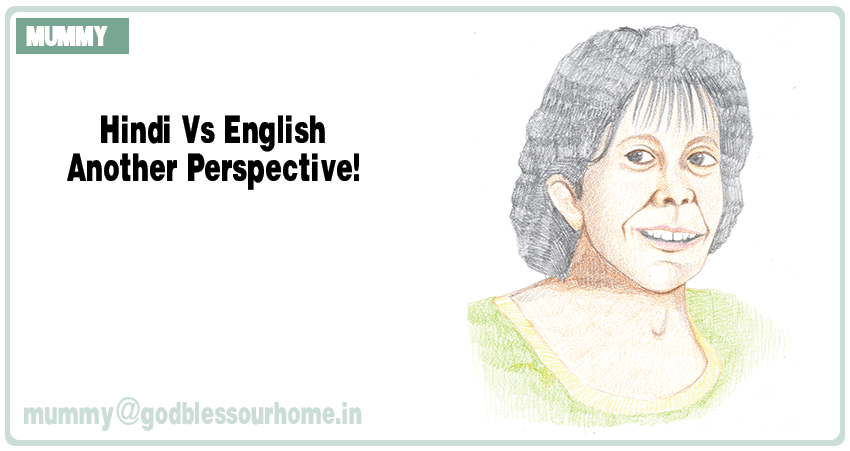

|
Many linguists predict that at least half of the world's 6,000 or so languages will be dead or dying by the year 2050. If this trend continues, the world of the future could be dominated by a dozen or fewer languages. Every language reflects a unique world-view with its own value systems, philosophy and particular cultural features. Language defines a culture. Words that describe a particular cultural value or practice or idea may not translate precisely into another language. Languages have their own stories, songs, history. Every time a language dies, we lose part of knowledge about history, culture, the natural environment, and the design of what human brains can think and do. Replacing a minor language with a more widespread one may even seem like a good thing, allowing people to communicate with each other more easily. Is language diversity as important as biological diversity or is the case of throwing away old technology and adopting to new one? Endangered languages can be found in every region and in almost every country in the world. But have Indians a negative attitude towards our own languages or is it the economic and educational subjugation amidst rapid westernization that is bringing a strong pressure to speak a dominant language necessary for full civic participation and economic progress. Global economy is forcing not so rich countries to choose between their traditional language and participation in the larger world. Pressure to abandon local language and adopt English is more dominant, direct and forceful than historically ever been. Shiv Sena accuses Hindi channels of defaming Maharashtra, Mr. Deshmukh suggested Railways to hold exams in Marathi, Maharashtra bans non-Marathi Taxi Drivers --- These kind of headlines have become regular in our daily newspapers. State Governments of Karnataka and Tamil Nadu had insisted on putting up hoardings and billboards in the local language, instead of English or Hindi. The Gorkhaland movement in West Bengal often accuses state government of forcing Hindi and Bengali on them and not promoting their local language enough. Can different languages co-exist? Can English replace all regional languages? English is increasingly becoming a single unifying common language of our world. Something Hindi has not been able to do in India. Is English not our National Foreign Language? Is speaking English unpatriotic and un-indian? Is English creating non-indians in India? Is English murdering Hindi or are Indians themselves killing Hindi? Can Hindi provide a good career? Is there a difference between "Bharatiyata" and "Indianness"? Few years ago, Salman Rushdie famously wrote that “The ironic proposition that India's best writing since independence may have been done in the language of the departed imperialist is simply too much for some folks to bear.” What do you think? |
|---|







